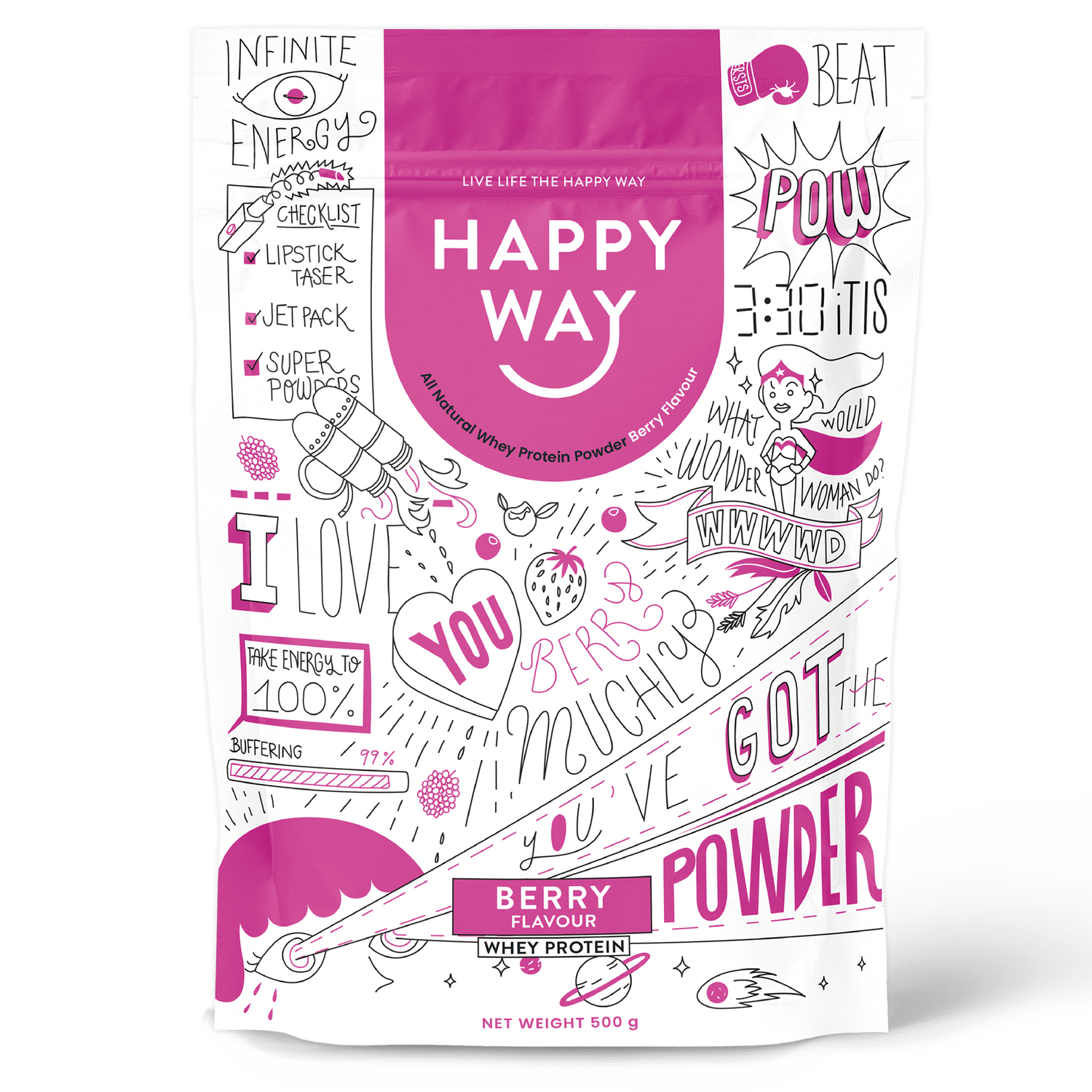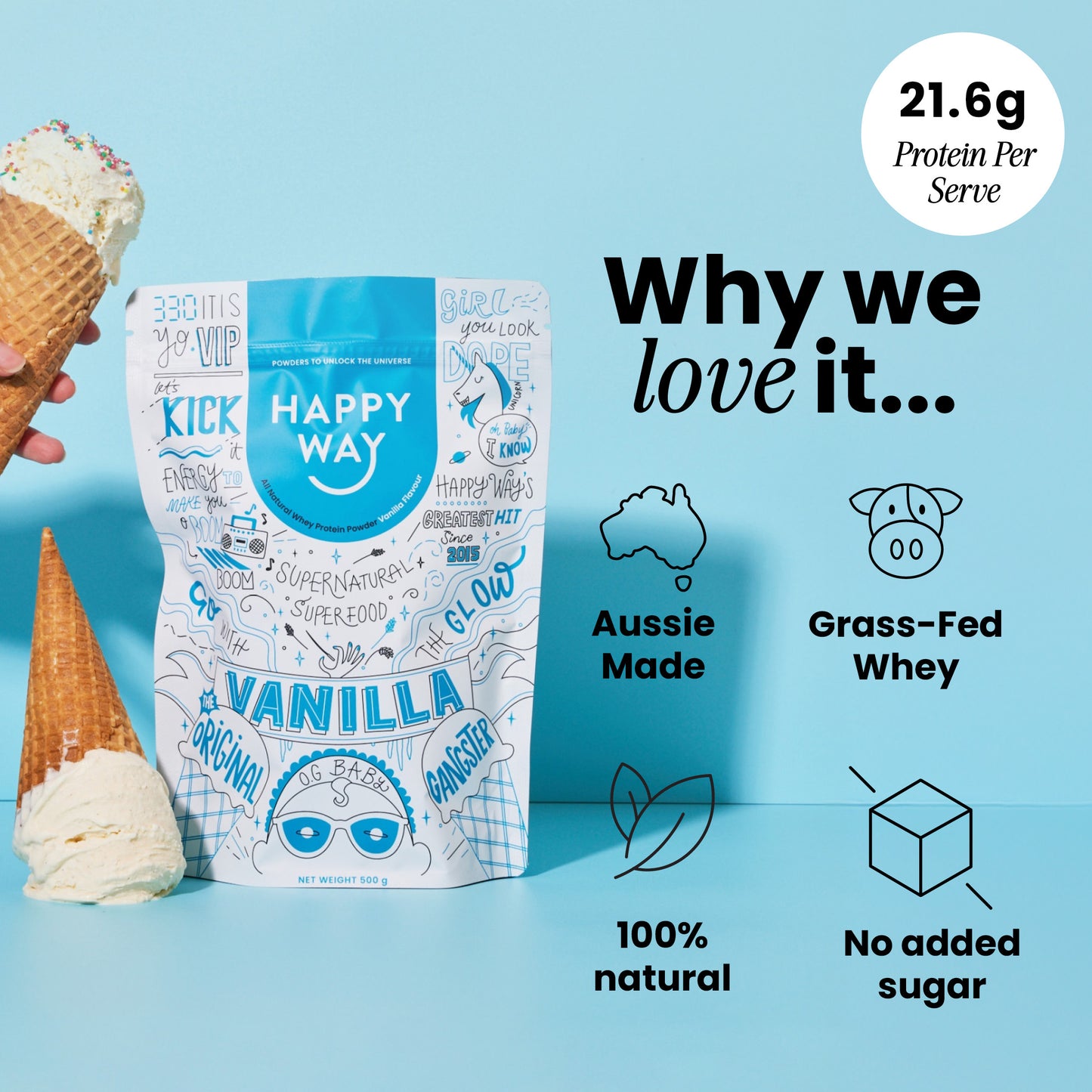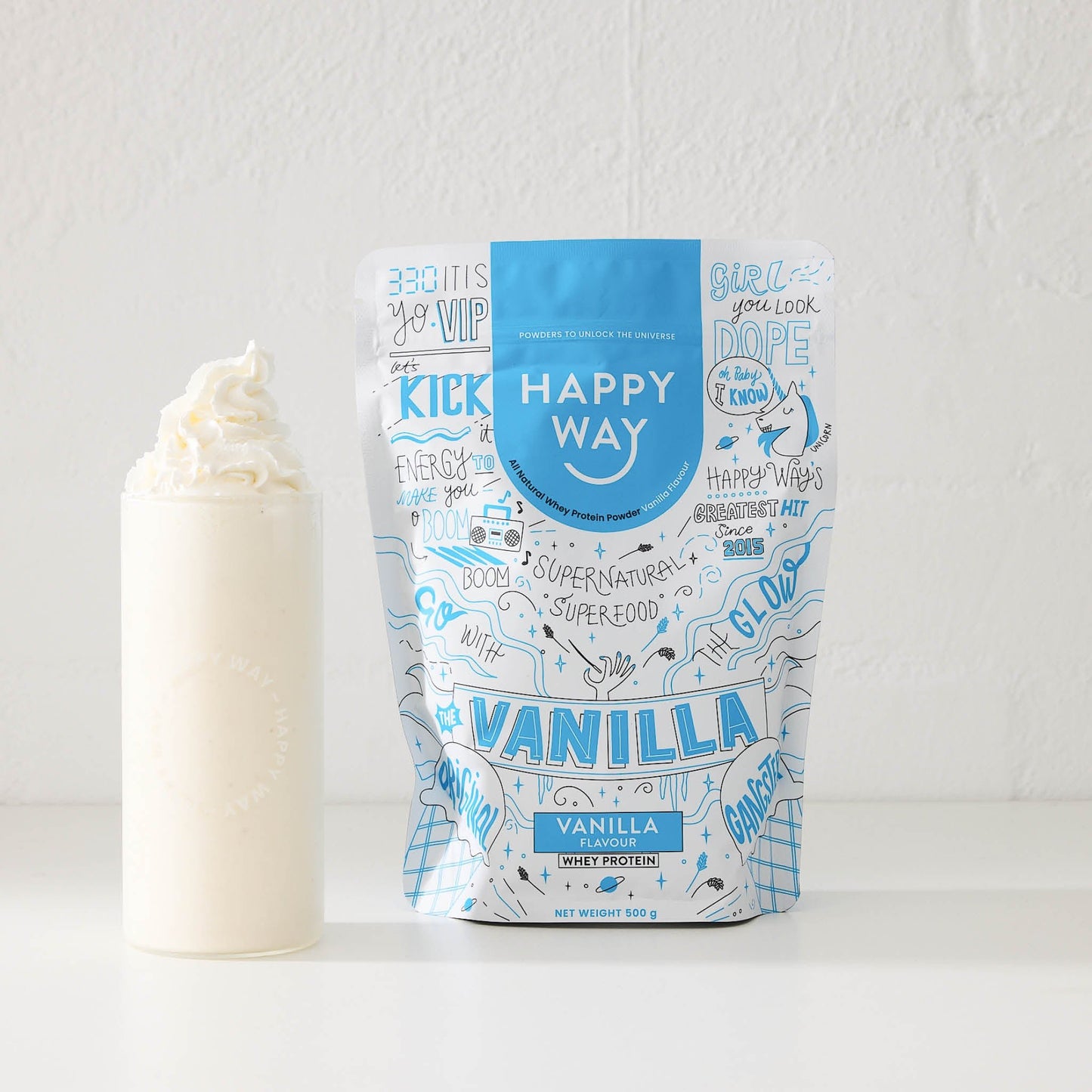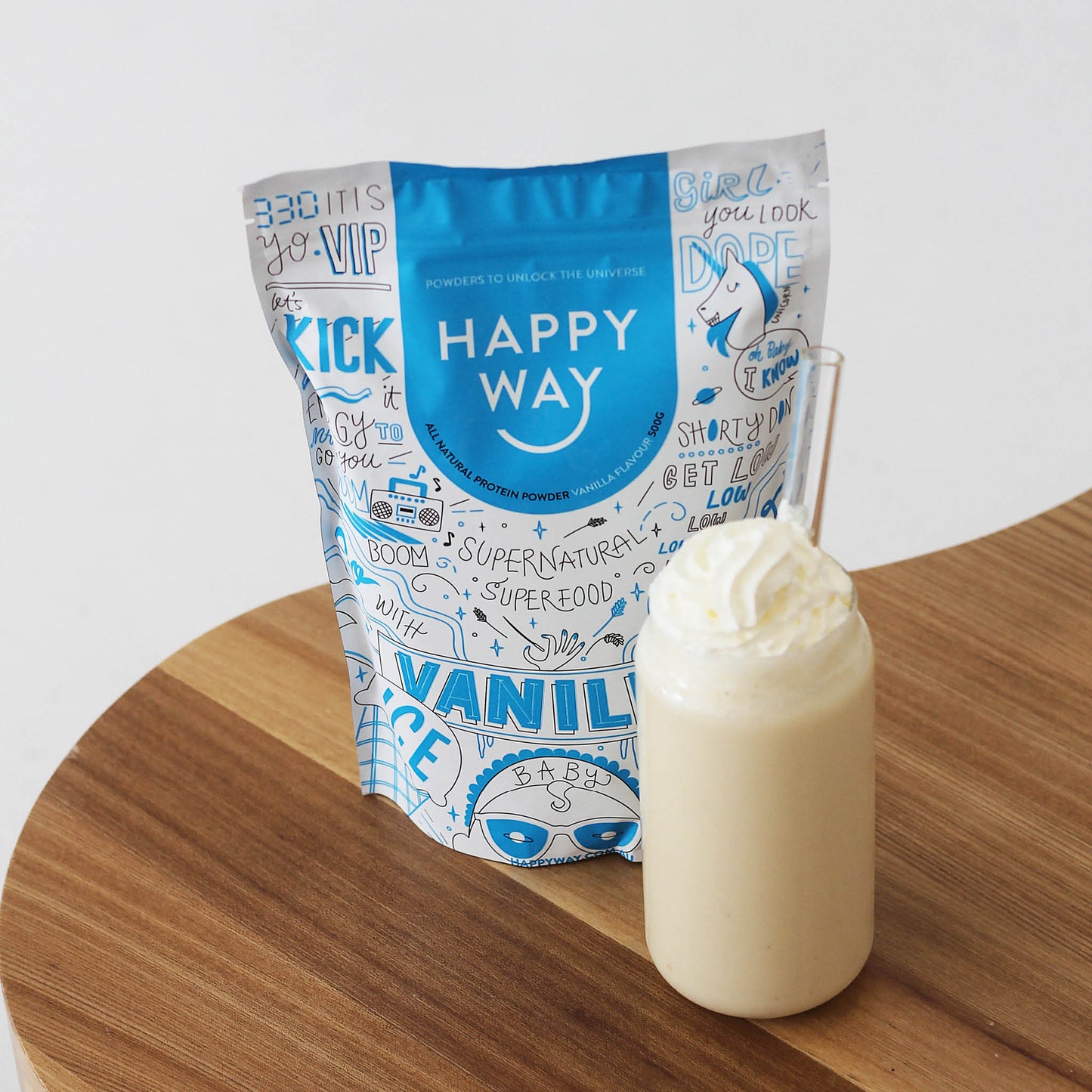The topic of women’s fertility, once shrouded in secrecy or reserved for specialist journals, is nowadays being discussed more openly and helping lead the way are the likes of Melanie McGrice. The renowned practicing dietician, author and researcher has been using her increasingly present media platform to shed light on an important yet equally unexplored topic for many.
The truth is that fertility is not something women readily discuss in the open or know enough about until it comes time to wanting children. When unsuccessful due to a plethora of reasons, many women and their partners continue to suffer in silence. And while infertility can arise from an array of complex issues, ranging from genetics to conditions such as endometriosis and polycystic ovary syndrome (POCS), the more information women have, the better they are equipped to deal with infertility issues head on. Having been featured in the likes of Huffington Post and on our television sets for some time now, we thought it was only natural to ask Melanie, a thing or two about the link between fertility and nutrition.
Here is what you need to know.

Does diet play a role in helping boost fertility?
Yes, it plays such an important role. For example, a research study of more than 17,000 women found that making just 5 dietary changes, increased fertility by 69%.
What are some of the dietary changes that make a difference?
Well, obviously each woman is different, but some of the dietary changes that a Harvard study found helpful included getting enough folic acid, reducing sugar intake and changing to full cream cow’s milk.
Why is folic acid important and how do we make sure that we get enough?
Folic acid is essential for making the genetic material that forms your baby….so it’s imperative! As 50% of pregnancies are unplanned, I always say that women should either be taking a folic acid supplement or using contraception. The best sources of folic acid include bread and green leafy vegetables such as spinach and broccoli.
The problem is that many women don’t eat enough vegies, and often cut out bread. And, if you’re overweight or have a dietary condition such as Coeliac disease or diabetes, your requirements will be higher than normal. I often recommend a green juice as a good strategy for boosting folic acid intakes. You can find some great tips here.
What should women avoid eating if they are trying to increase their fertility?
Sugar! The same study discussed above found that women who eat more sugar were 92% more likely to have fertility problems, so I work with women to reduce as much sugar out of their diet as possible. I know that cutting out sugar can be difficult though, especially when you are going through the stress of trying to conceive, so that’s why I work with women on their habits and mindset as well. See here
How is full cream cow’s milk beneficial?
Well, the research is still unclear, but it seems to be a compound called IGF1, which is found in cow’s milk that helps with the baby’s growth and development. Full cream cow’s milk also contains less galactose, a carbohydrate in milk which isn’t so good for ovulation. So, I recommend full cream cow’s milk when women are trying to conceive and fall pregnant, then switching back to low fat cow’s milk once their baby is born. See here
Are these changes beneficial for women who are undergoing IVF?
Definitely. There’s a lot of research which shows that dietary changes can boost IVF outcomes. When you’re spending thousands of dollars on IVF, it’s worth investing the time and effort to optimise your IVF cycle with the right dietary changes. See here.
Where should women go for help if they are thinking of having a baby?
I would highly recommend seeing a fertility dietitian, or joining my online fertility program ‘8 step fertility booster’. Just go to www.melaniemcgrice.com/join.











